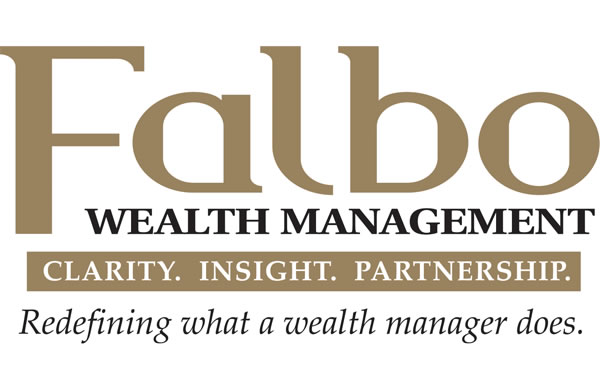I recently read a book called “The Gap and The Gain: The High Achievers’ Guide to Happiness, Confidence, and Success” by Dan Sullivan and Dr. Benjamin Hardy. While it’s not written specifically about finance or investing, the message sure resonates with how I encourage my clients to approach financial goal-setting.
There’s a big mindset shift when you go from “gap-thinking” to “gain-thinking,” and I wanted to take some time to discuss the difference, especially when it comes to pursuing your long-term financial goals.
Why Comparison Is Important
Gap and gain are two opposing ways to think about the progress you’re making toward your goals. In both, the idea of comparison plays a big role.
Whether you’re gap-focused or gain-focused, you’re always comparing where you stand today to another point in time. Which point in time depends on the mindset you choose to follow. If you’re paying attention to the gap, you’re comparing yourself today to where you’ll be in the future, once you achieve your goal. Maybe you envision relaxing in retirement, enjoying your dream family vacation, buying a second home, or starting a business.
By comparison, focusing on the gain means comparing yourself today to where you were when you began your financial journey. Whether it was one year, five years, or 20 years ago, you’re certainly in a different position today than you were back then. Gain puts the focus on how you compare to your past self.
Considerations About Each Mindset
The primary purpose of this book is to help high achievers shift their mindset from gap-thinking to gain-thinking. Here’s a quick look at the pros and cons of each from a financial goals perspective.
The Pros of Focusing on the Gain
Measuring yourself against the person you were before working towards your goals is what happens when you shift to a gain-focused mindset.
Celebrating your progress to this point, rather than feeling stressed about how far you have left to go, creates a much more positive outlook on achieving your goals. For investors, that can lead to more happiness, more fulfillment, and more motivation to continue on their financial journey.
Both mindsets activate an emotional response in each of us, but gain is what pushes us in a positive way to achieve our goals, or even to create new, bigger goals.
The Cons of Focusing on the Gain
Truth be told, there really aren’t any cons when it comes to taking a gain-focused perspective. The only thing I will say is to be cautious about resting on your laurels or slowing down progress as a result.
Celebrating how far you’ve come shouldn’t mean losing perspective on why you’re working hard in the first place. It’s still important to keep an eye on the prize and maintain a focus on the future.
The Pros of Focusing on the Gap
All of this isn’t to say the gap can’t be used in a way that’s conducive to address your financial goals. Looking toward the finish line can also be a great motivator to keep going. Envisioning what the future will look like is exciting, and it can help push you closer to your goals.
Being forward-focused does help investors prepare for and address potential hurdles. For example, if you recently experienced a change in health status, you may be concerned that you’re now not saving enough to cover future medical expenses in retirement. In that case, you and I could take a look at your long-term goals and make a few small adjustments (such as increasing HSA contributions or obtaining a long-term care policy) to help keep your plan on course.
As your life evolves, there’s always a chance that the initial goal will need adjusting along the way. But neglecting to acknowledge the gap altogether or not looking ahead enough could put you in the position of being blindsided.
It’s still not wise (or productive) to focus all your energy on the comparison gap between where you are today and how much farther you have to go. The goal is to strike a healthy balance, which is something I can help you do.
The Cons of Focusing on the Gap
When you compare yourself to something you aren’t, it can feel like you’re trying to hit a moving target that is always just out of reach. This can lead to a lot of negativity, resentment, and a lack of motivation to keep moving forward.
By focusing too much on the road ahead, you can quickly lose sight of how far you’ve come. But in reality, every small step is progress you’re making toward your goal. Inch by inch, you’re moving forward in a positive direction. The old saying, “Rome wasn’t built in a day,” is a cliche for a reason — because it’s true!
You’ve Come So Far—Let’s Keep Progressing Together
At Falbo Wealth Management, we’re just as passionate about helping you pursue your goals as you are. That’s why helping our clients focus on the positive and stay motivated to keep moving forward is so important to our team. If setting and pursuing ambitious financial goals is something you’d like to accomplish, feel free to put some time on my calendar. I’d be more than happy to share more about our firm and what we can do to help align your wealth with your vision for the future.
The opinions voiced in this material are for general information only and are not intended to provide specific advice or recommendations for any individual.
